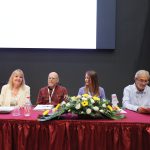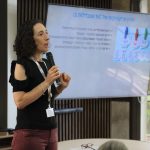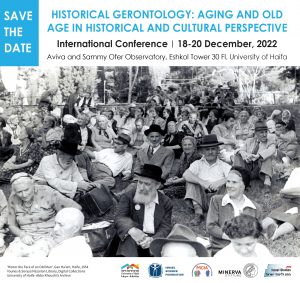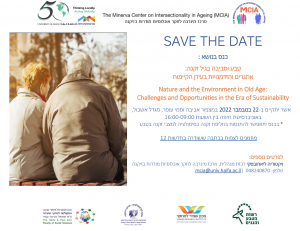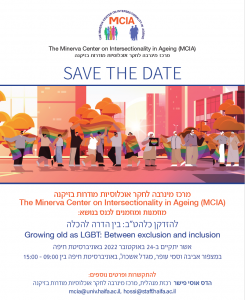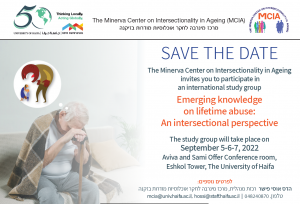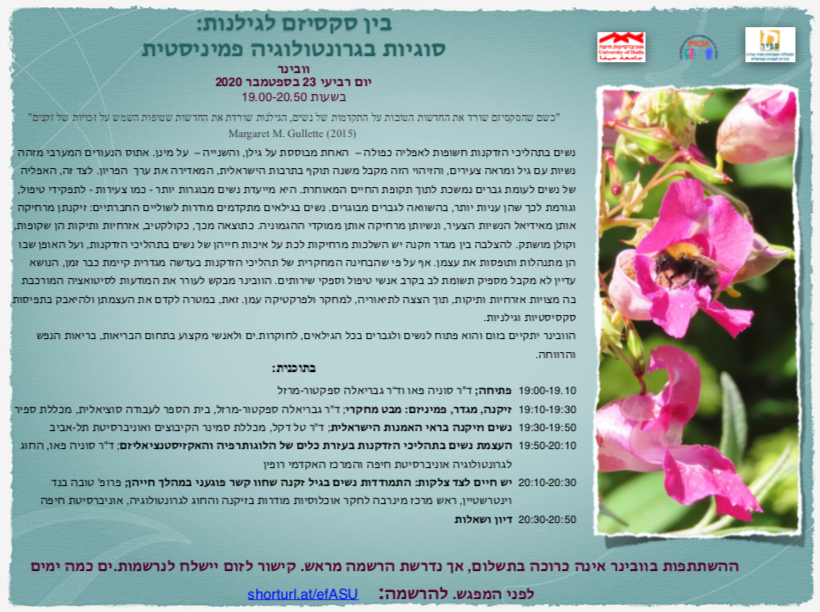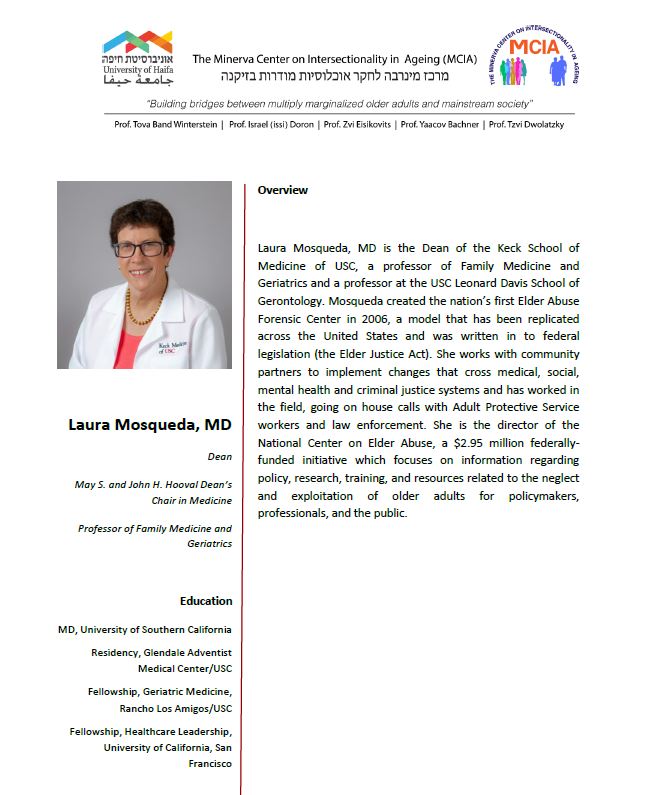The First International Conference on Forgiving and Being Forgiven within an Inter/Intra Cultural Perspective, February 1-2, 2023
 The Minerva Center on Intersectionality and Aging (MCIA) participated on 2.2.2023 the First International Conference on Forgiving and Being Forgiven, within an Inter/intra Cultural Perspective, is launching its call for papers. The call is directed to scholars, experts and practitioners in relevant fields with the following themes: Forgiveness as a process and an experience, the forgiving and or the forgiven person within an intra/intercultural context.
The Minerva Center on Intersectionality and Aging (MCIA) participated on 2.2.2023 the First International Conference on Forgiving and Being Forgiven, within an Inter/intra Cultural Perspective, is launching its call for papers. The call is directed to scholars, experts and practitioners in relevant fields with the following themes: Forgiveness as a process and an experience, the forgiving and or the forgiven person within an intra/intercultural context.
Forgiving and being forgiven have countless cultural manifestations. They are relevant to the progress of criminology, victimology, positive criminology, restorative justice and conflict transformation. The concept of forgiveness has been elaborated in the fields of psychology, sociology, anthropology, moral philosophy, religion studies and spirituality practice, ethics, legal studies, economy and more. However, this broad concept has not been explored enough. The topic entangles a variety of developments of what the experience of forgiveness may imply. For this reason, we are holding this conference.
The macro, mezzo, and micro levels are apparent. There are different levels of forgiveness and various agencies that forgive or are forgiven. Different cultures/religions assign a distinct sense of agency to what, who, and how forgiveness is granted and under what circumstances.
The theological concept of being forgiven by the divinity for one’s sins has, of course, evolved into the philosophical ideas that formed the criminal justice systems. As part of an ongoing democratisation process, the question of who is the one to forgive has been raised. Is it the victims? Is it the community? Is it the state’s agencies? Or maybe the offenders who often come from deep deprivation and are invisible to systems that have maintained injustices and disparities?
Forgiveness is embedded in a cultural and normative context. It affects the discourse used within interpersonal interaction. For example, in “punishing cultures”, people who fail, are exempted from punishment only by being excused. However, it is not evident that being excused and being forgiven overlap. The fear and threat of rejection and exclusion may affect the need and meaning of forgiveness.
In democratic “learning” cultures, failing is part of a developmental journey and requires others’ empathy, grace and understanding of the individual’s process. But does it mean neccesserally being more forgiving? And how much forgiving? Is there an overlap between forgiveness and tolerance, and if so, how?
On the micro level, forgiveness may be a psychological, interpersonal pro-adaptive coping mechanism of the self to a sometimes disappointing reality and a search for meaning.
Thus there are many aspects to forgiveness. The term is ambiguous and under-explored.
It is an interesting question to ask whether leniency overlaps with forgiveness? Or is it negligence of individual needs? Is the conflict solved if the victims are expected to forgive? What can achieve the actual merits and results known to follow the act of genuine forgiveness?
Thefore the aim of the conference is to explore from a multi-cultural perspective of people’s varied experience with ‘Forgiveness’: the benefits, obstacles, or risks that can come from the process, for everyone involved.
Abstract

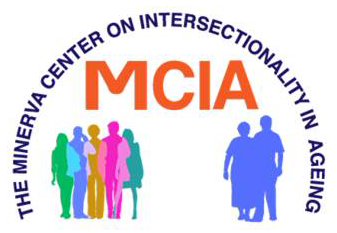


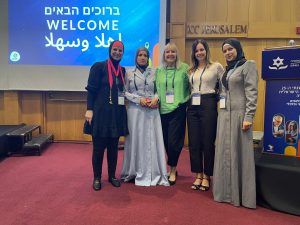 Gerontological Conference
Gerontological Conference


